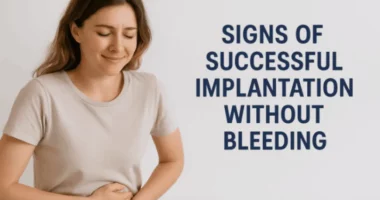Share this @internewscast.com
NEW YORK — A new study is shedding light on why women of color die more often from breast cancer.
The reason might surprise you.
In October, breast cancer survivor Atia Allen shared her story with CBS New York.
“I did eight rounds of chemotherapy. I did 25 rounds of radiation. But here I am, two years later,” Allen said. “This is life after cancer. I’m doing wonderfully.”
READ MORE: Queens woman beats breast cancer for 2nd time with help of doctors from Jamaica Hospital and Memorial Sloan Kettering
But a new study from the University of Maryland explains why Allen’s happy ending doesn’t always happen.
“We know that Black women have a 40% higher mortality rate compared to white women when they get breast cancer. It’s interesting because the numbers have caught up in terms of Black women getting their screenings. Black women tend to have more aggressive forms of breast cancer,” said Dr. Janna Andrews, chair of radiation medicine at Northwell Health.
READ MORE: Glen Cove Hospital’s “Blue Angels” program going all out to help breast cancer patients
Read Related Also: Infant mortality rates rose by 3% in 2022 marking first increase in more than two decades – as experts describe baby deaths as 'shockingly high'
While breast cancer deaths are down overall, according to the Centers for Disease Control and Prevention, the study shows women who live in certain conditions are more likely to be diagnosed with advanced stages of the disease, and more likely to die from it.
“We now have proof that women that do live in more poverty, women that live in these different neighborhoods where there’s less opportunity, less education, less jobs, that potentially the stress of living in these different neighborhoods can contribute to these gene alterations that may make them more susceptible to developing breast cancer,” Andrews said.
READ MORE: Doctors report seeing more young women diagnosed with breast cancer
Researchers found women living with certain stressors also have lower levels of tumor suppressor genes — the genes that keeps tumors from growing.
“And when they stratified for race, they found that Black women actually did have a lower overall survival, as well as a lower relapse survival in women who had these lower tumor suppressor genes,” Andrews said.
Andrews says 75% of disease prevention happens before a woman enters the doctor’s office. She is encouraging all women, but especially women of color, to get screened for breast cancer early and often.
According to the Breast Cancer Research Foundation, 300,000 women in the U.S. will be diagnosed this year, with a new diagnosis happening every two minutes.














